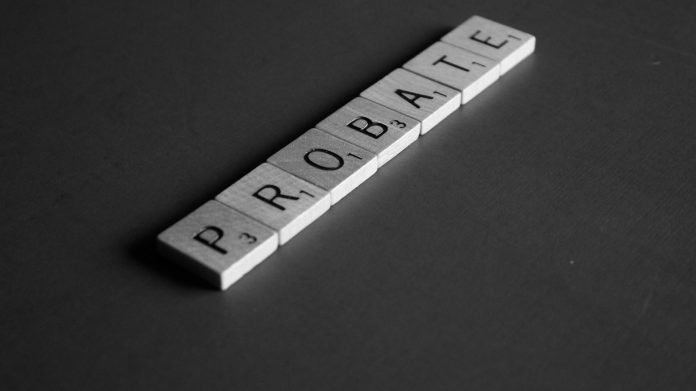Getting estate protection for a property under a probate process can be tedious paperwork with a lot of people wanting to avoid the whole process. Probate is the legal process that governs the transferal of the property of a deceased person to another. This is court-supervised and this is done to formalize and enact the intentions of a person to transfer and distribute properties as stated typically in a will. Using the estate, all forms of debts are paid before it is formally given to the heir.
What Are the Probate Basics?
To respect the will of a deceased person, their will is formally looked into and the necessary actions to fulfill it are executed by the family lawyer. This makes the grieving family think less of how everything will be processed and handled. The absence of a will from an adult makes everything more complicated, especially if properties are not yet assigned to designated heirs. This is often the cause of family rifts and misunderstandings which sometimes end up in costly and heartbreaking court battles.
The whole probate process can be contested and uncontested. If the heirs in the will are content with the distribution of properties, then everything will run smoothly and the whole case will be uncontested. If members of the family oppose, then they can make claims and the process will become disputed, which results in a longer process. The grounds that people can claim to make a contest is when the decedent wasn’t in the right mind and state during the drafting of the will, the person was incapacitated or influenced to state the will or did not follow some legal procedures that govern the writing of one. Probating an estate does not only mean that people share properties, but included here are paying off remaining debts, collecting of income the property produces and settling any disputes that are not yet settled.
Who Is in Charge of the Whole Process?
Sometimes, a decedent names a different executor or in some unfortunate circumstances, there is a failure in naming one. If that is the case, the court will be the one to assign a representative to the bereaved family to settle the estate. Typically, the person with whom the will has been drafted will be the one to govern the execution of the will while on the probate process.
The necessary fees including the fee of the personal representative, attorney’s fee, and court cost, are paid for by the estate assets. A person may include any person in his or her will, but certain laws can override this, especially in the protection of the legal spouse and if there are claims made by creditors. All these are taken into consideration during the whole process.

How to Protect Property in a Probate Process
Even if a property is not yet fully awarded to the heirs, protection should be ensured for the security of the assets and the family members themselves. Asset protection is important as it is a way to preserve the legacy that you want to leave for your family and loved ones in the next generations. This is to secure your life’s work and give your family their well-deserved heritage.
In the first place, your asset can be protected if you have done estate planning that is error-free and law-abiding. With this, your family can experience a peaceful transition of ownership after you are gone. Avoid any issues that might lead to disputes and consider seeking the help of legal experts and property managers to formulate the best will you can leave.
When Should You Seek Estate Protection?
Estate planning can be done at any age especially if you have already amassed a valuable amount of assets. There are a lot of options and you can choose how to protect your assets in the form of trusts, probate, and asset protection.
If you want to avoid the difficult and complicated probate process then you should consult with your lawyer and take the necessary steps to keep it out of court in the future. You can avail a Revocable Living Trust, which is also an estate planning tool used to enumerate the heirs who will inherit your property upon death. The advantage of this is that you can modify this as time passes and this is done while you are still living. If your circumstances change, for example, the birth of another child, divorce, and remarriage or inclusion of another heir, you would be able to make the necessary adjustments easier. This is considered to be more ideal compared to a last will and testament as this is often difficult and complicated to rewrite.
Advantages of Avoiding Probate
Avoiding probate can be more beneficial for your family because they will be able to avoid any litigation, disputes, and other issues that can be uncovered in court. Besides, who would want to deal with a lot of legal issues just after losing a loved one? According to Parker Law Offices probate attorney, people can save more time and money if their other alternatives are chosen by a decedent. After all, the focus of a grieving family should be healing and starting their lives again after a difficult loss.
While it is important to earn assets and secure the future of your family, making the proper designation for them and ensuring a fair transition of ownership of assets is the ultimate gift you can give them. No problems should stem out from this because it is an awkward affair not just for the family but for the lawyers and the court as well. Since you can avoid it by various means including beneficiary designations and joint ownership, you would be able to leave on a more peaceful note despite it being essentially heartbreaking.
Estate protection is something that you do out of love and concern for your family. You do not want your hard-earned assets to be the cause of burden and further heartache to the people you are leaving behind. If you ensure that you have estate protection, your family will greatly benefit.
Find a Home-Based Business to Start-Up >>> Hundreds of Business Listings.

















































